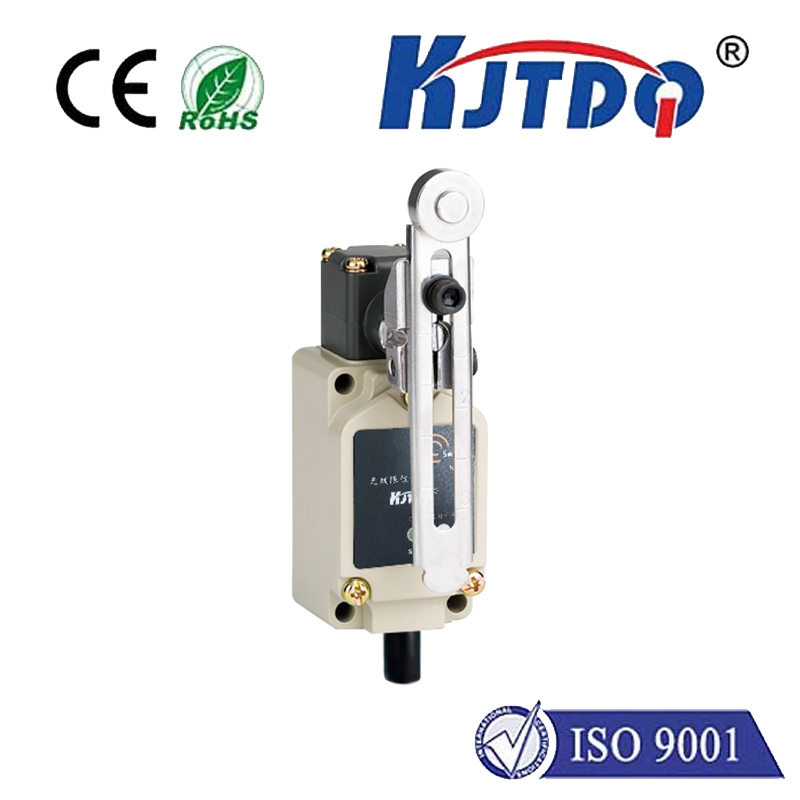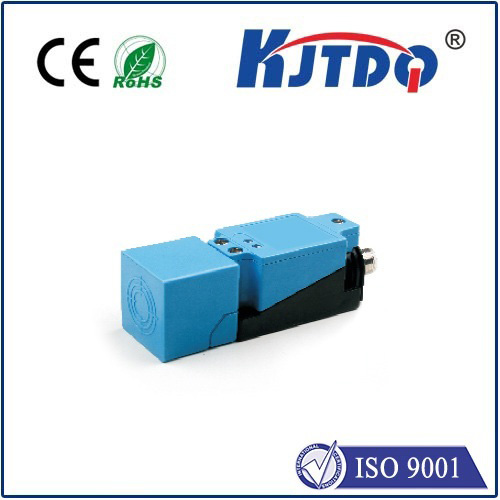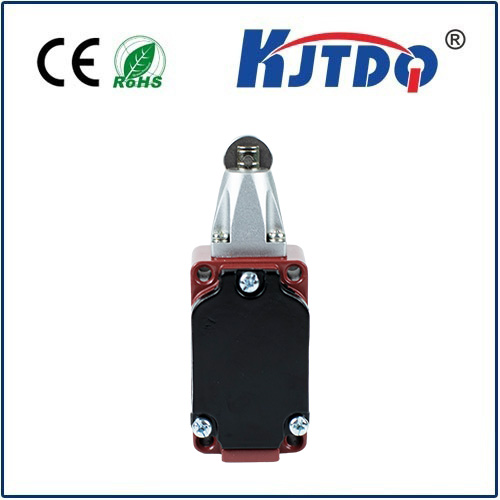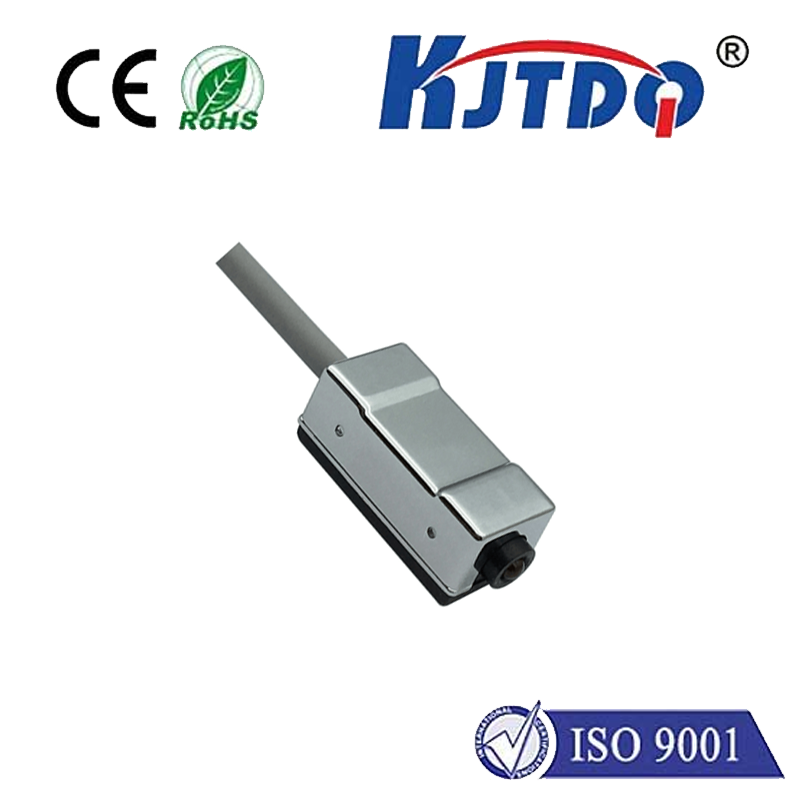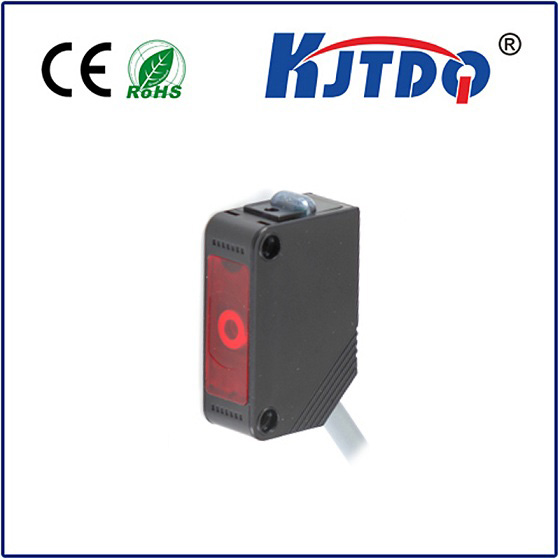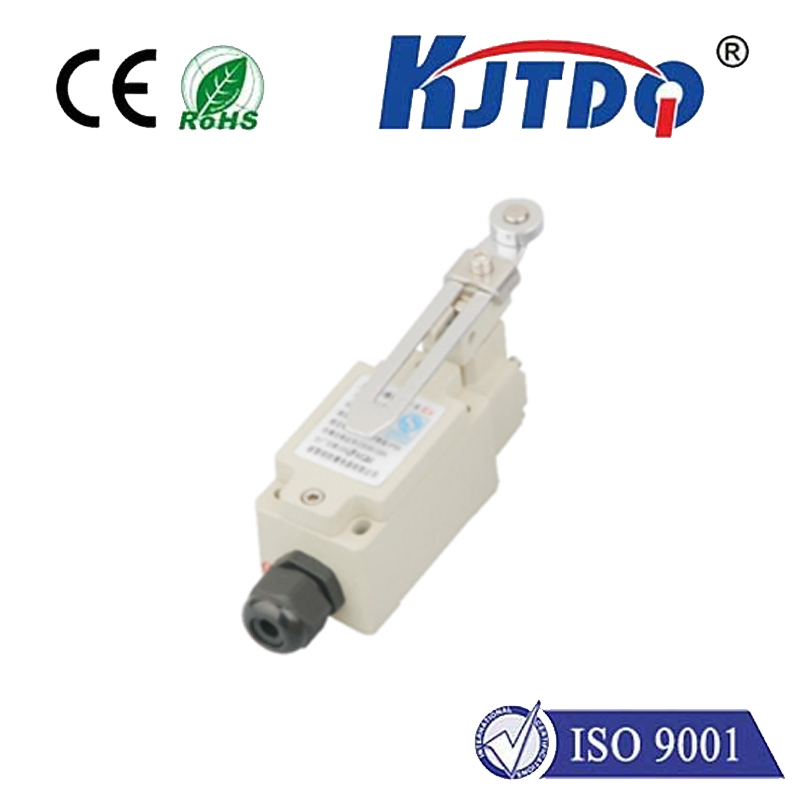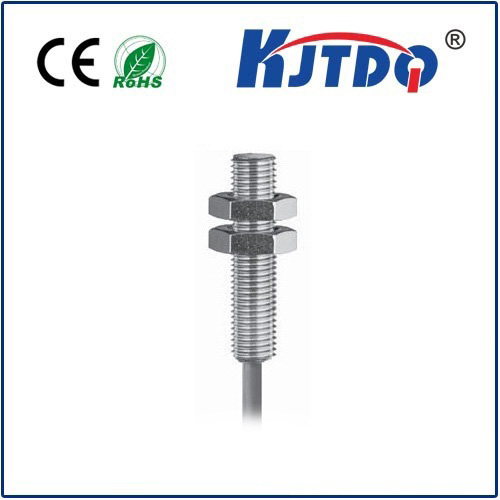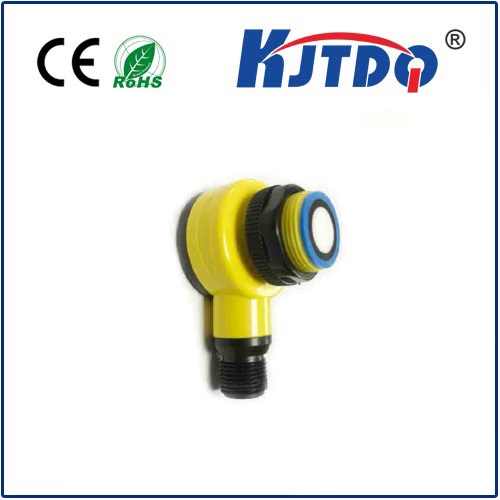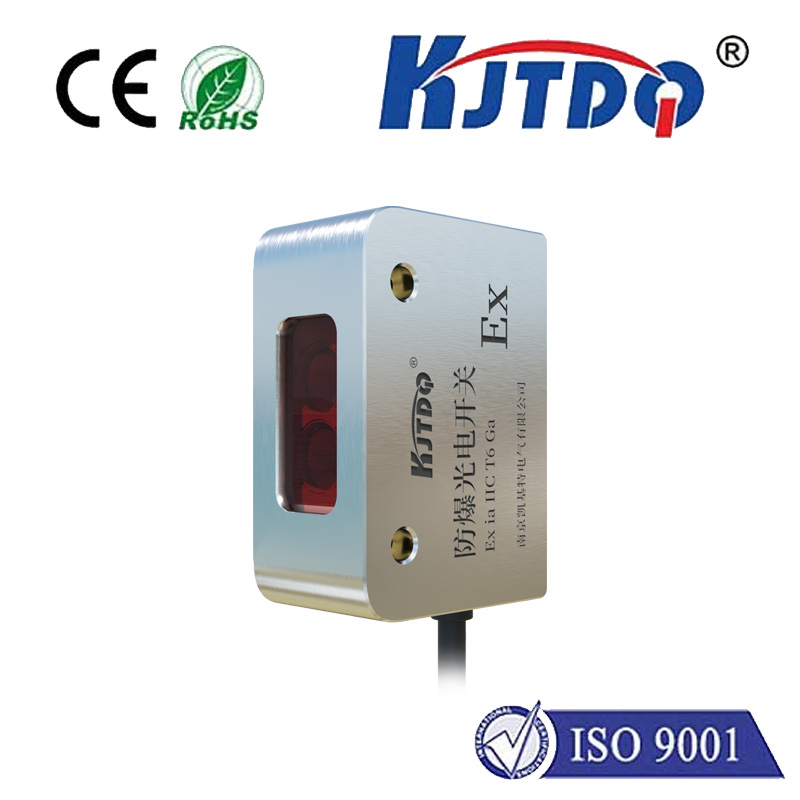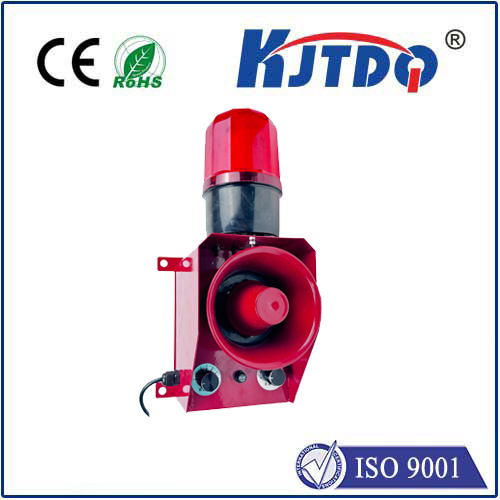
check

check

check

check

In the world of technology, sensors play a vital role in enabling devices to perceive and interpret the environment around them. They are used in a wide range of applications, from healthcare to automotive systems, and their accuracy is critical for the success of these technologies. This is where the concept of sensor precision comes into play. Sensor precision refers to the degree to which a sensor’s reading accurately reflects the actual value of the physical quantity being measured. In other words, it is a measure of how closely a sensor’s output matches the true value of the parameter it is measuring. The higher the precision, the more accurate the sensor’s readings will be. There are several factors that can affect sensor precision, including environmental conditions such as temperature and humidity, electrical noise, and mechanical vibrations. To ensure high levels of precision, sensors must be designed and manufactured with these factors in mind, and they must also be properly calibrated and maintained over time. One application where sensor precision is particularly important is in medical diagnostics. For example, blood pressure monitors rely on highly precise pressure sensors to accurately measure a patient’s blood pressure. If the sensor is not precise enough, it could provide inaccurate readings that could lead to incorrect diagnoses or treatments. Similarly, glucose monitors used by people with diabetes require highly precise sensors to accurately measure blood sugar levels. Another area where sensor precision is crucial is in autonomous vehicles. These vehicles rely on a wide range of sensors, including cameras, lidar, radar, and ultrasonic sensors, to perceive their environment and make decisions about how to navigate safely and efficiently. If any of these sensors are not precise enough, it could lead to errors in perception or decision-making, which could potentially result in accidents or other safety issues. In conclusion, sensor precision is a critical factor in the performance and reliability of many modern technologies. Whether it’s in healthcare, transportation, or any number of other industries, accurate sensor readings are essential for making informed decisions and ensuring the safe and effective operation of equipment and systems. As advancements in sensor technology continue, we can expect even higher levels of precision and new applications that were previously unimaginable.
